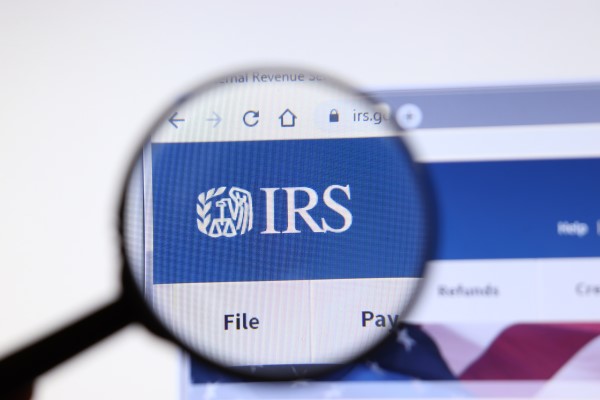Condominiums associations are considered corporations in the eyes of the IRS. As such, they are required to file an annual tax return (either an 1120 or 1120-H).
Condo associations showing taxable income on their federal returns are also required to file an IL-1120 with the state of Illinois.
Tax returns must be postmarked by April 18th this year. If your association has not filed a return in the past, now is the year to begin!





